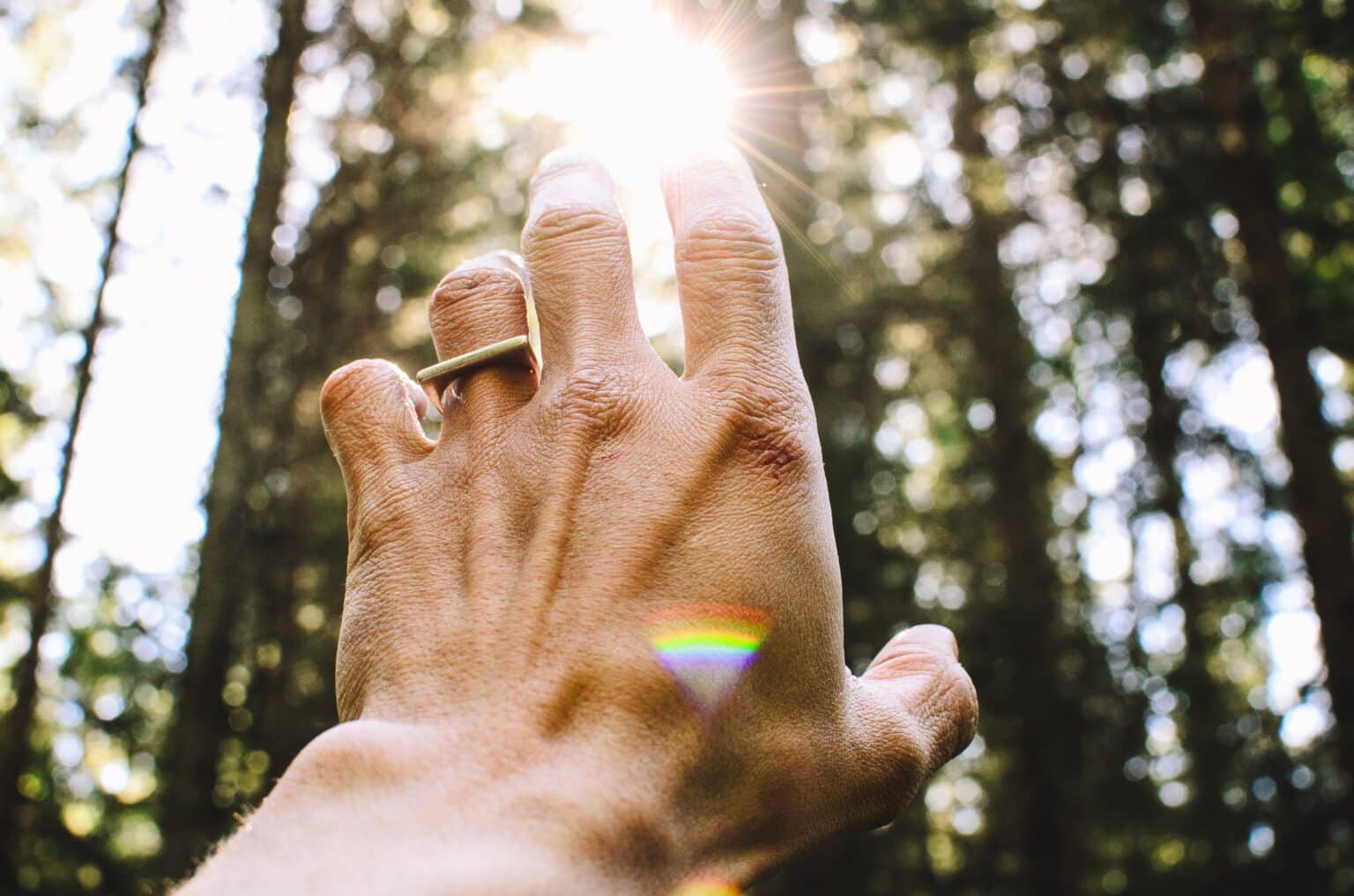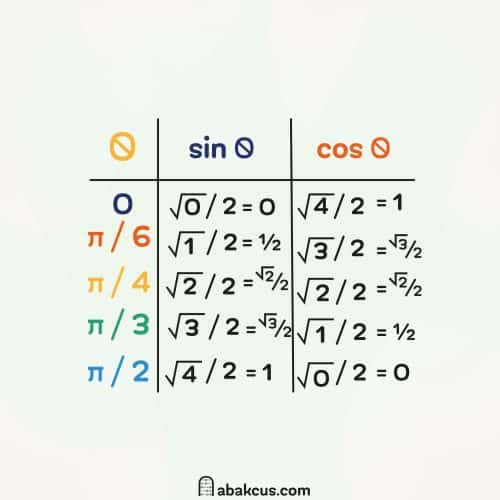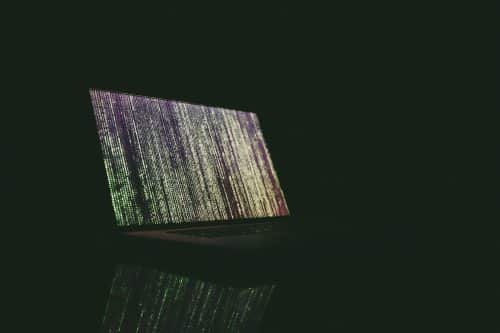When we get sunlight from a window in a car or our home indoors, we usually feel safe and do not need to apply sunscreen. However, even behind glass, some harmful sun rays can reach our skin and cause sunburnt.
The ultraviolet (UV) rays of the Sun, which we cannot perceive with our eyes, are examined in three categories according to the energy they carry, or in other words, the wavelength. These wavelengths determine the distance these rays can travel after entering the Earth’s atmosphere. For example, the journey of UVC rays with the shortest wavelength, the highest energy, ends in the ozone layer, in the middle of the stratosphere. Since ozone molecules absorb the energy of these rays, they cannot reach the Earth.
How UVB Rays Cause Sunburnt?
Many UVB rays, which have intermediate energy between ultraviolet rays, are absorbed in the atmosphere. However, some of them reach the ground. UVB rays cause sunburnt on our skin and can cause DNA damage. Most of the ultraviolet radiation that reaches our skin is UVA rays, which cause little loss in the atmosphere. These long wavelength rays; progresses to the lower layers of the skin, causing skin damage, wrinkles, and tanning.
Although most types of glass filter some ultraviolet radiation depending on their thickness and purity, this does not mean that our skin is completely safe. For example, while the windshields of cars, consisting of three layers, one of which is plastic, can completely block UVB rays, they can pass UVA at rates exceeding 10%. The side windows of vehicles, which usually do not contain a plastic layer, allow very little UVB to pass, while on average, 30% pass UVA.
Glass in our homes and workplaces also absorbs approximately 97% of UVB and nearly half of UVA on average. Meanwhile, the glass heats up as the energy of the rays is transferred to the structure of the glass. However, thanks to the layers of the protective film added to the glasses, UVA radiation can be blocked by up to 99%.
Although getting the sun’s rays through the glass seems more protective than getting it directly, experts recommend using sunscreen even indoors to reduce the long-term effects.













